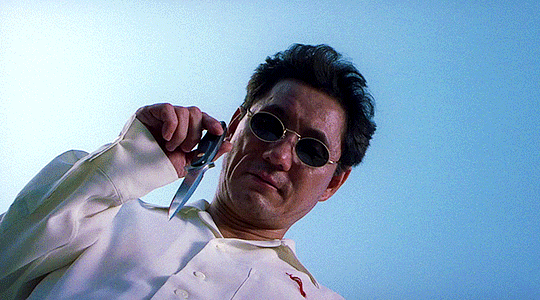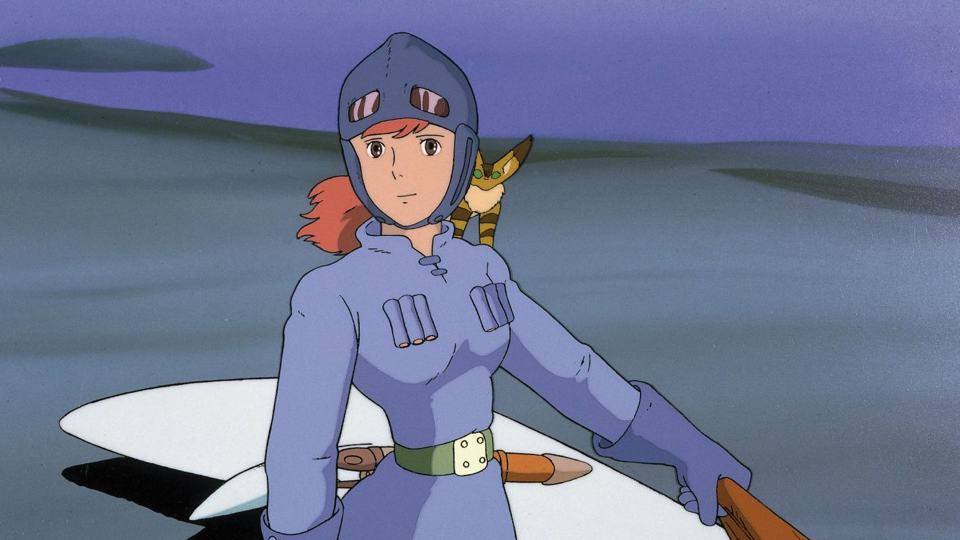 Kaze no naka no mendori aka A Hen in the Wind
Kaze no naka no mendori aka A Hen in the Wind
Pausing during this film (around the mid mark) I had grown curious about the Director, Yasujirô Ozu and decided to do a cursory research before continuing onward.
I "think" I may have seen one other of his films, which one - I cannot definitively name. I do recall the similar style and especially the mood of the film. Ozu has a very strong, ingrained sense of overwhelming submission to defeat. Which is palpable in it's permanence of both the film and the characters that have surrendered utterly to the tragedy of their lives. Unable to garner, or beyond trying to locate, the strength to change or challenge the unmovable weight upon their entire being.
This is neither glamorized nor expressed poetically. Or rather, there is a kind of poetry, but it is similar to a death song. Brought forth from a kindred soul.
Before I could finish, I needed to understand where it came from.
From my very light skimming of Ozu, I had learned that during WWII he was a POW in a British prison camp. That this experience had changed, severely, his film making prior to Word War 2. To the point that, his grave stone does not bear his name. Only the character "mu" which means "Nothingness".
Wow.
With that understanding, along with a very brisk commentary on his style of film making regarding his use of static shots, doing only cuts and never fades, to focusing on inanimate objects as opposed to the character during moments of true emotional suffering, I returned to watching this film; enlightened. A curiosity playing in my head that one day I may watch one of his older films and see the man before the tragedy.
Such simple discoveries have in the past, and continue to do wonders for my viewing appreciation. And while I was already enjoying my watch of this film, it truly did enhance that as I moved forward and completed my watch. Studying the technique and composition a little more closely and thereby experiencing the subtleties more deeply.
I'm not sure if it affected the pacing for me since that was doing quite well beforehand. The slow march being quite accurate as the story moved forward.
There was one moment of sarcasm when, after Tokiko was pushed down the stairs by her husband, Shuichi and she was limping, I thought: "well, buddy, I guess it's going to be
your turn to sell your body to pay for doctor bills, huh?"
Still, a touching and artistically done film.
BRAVO
















